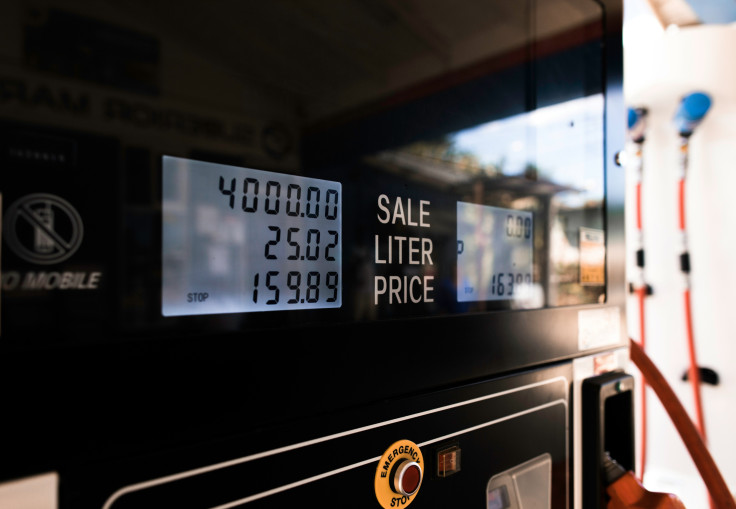Benefits Of Fuel Cards: All You Need To Know
Fuel cards have become increasingly popular in recent years, becoming crucial for businesses

One of the biggest issues for a business that manages a fleet, whether it's big or small, is fuel and keeping an eye on fuel expenses. To solve this issue, many businesses have different schedules for fleets and other methods, but none is as effective as fuel cards and the benefits they bring to a business.
Fuel cards have become increasingly popular in recent years, almost becoming crucial for many businesses. They offer a ton of benefits that can transform how you and your team operate.
Here's all you need to know about them to start implementing them:
What Are Fuel Cards?
Fuel cards, also known as fleet cards, are a type of payment card specifically designed to buy fuel. They are issued by fuel companies or specialised fleet management companies and offer a useful and straightforward way to pay for fuel and other vehicle-related expenses.
How They Work
Using a UK fuel card is straightforward; it works like any other card, such as a credit card. The drivers use the card at fuel stations to pay for fuel, and it can be set up to only work to pay for fuel at designated stations.
The details of the transaction can be recorded and sent to the fleet manager, providing real-time insights into fuel usage and expenses.
Benefits of Using a Fuel Card
A fuel card may bring many benefits to a fleet and even more to a company, from potential savings to better control, as well as better monitoring and fraud prevention.
Here are some of the top benefits:
Discounts on Fuel
One of the most significant benefits of fuel cards is the potential for fuel discounts.
Many fuel cards can offer discounts on fuel purchases, adding to a potential huge saving over time.
Reduced Administrative Costs
Fuel cards can simplify the administrative process by consolidating fuel expenses into a single account. This can reduce the time and effort needed to process multiple receipts and reimbursements, leading to lower administrative costs.
Also, it can make the process smoother and faster.
Detailed Reporting
Fuel cards also make detailed reports on fuel purchases easier. All purchases include transaction dates, times, locations, and amounts.This level of detail can help fleet managers monitor fuel usage and identify any irregularities.
Transaction Tracking
Also, with some fuel cards, every transaction can be tracked and recorded, making reconciliation and auditing much easier.
This transparency can make it easier to spot discrepancies and prevent unauthorised purchases.
Real-Time Monitoring
Many fuel card programs offer real-time monitoring, allowing fleet managers to track fuel expenses as they happen.
This immediate insight can help make timely decisions and adjustments.
Spending Limits
Fleet managers can set spending limits on fuel cards to control expenses.
Depending on the provider, limits can be set per transaction, day, or month, ensuring drivers stay within budget.
Fraud Prevention
Fuel cards include security features like PIN protection and transaction alerts, which help prevent fraudulent activities.
Some cards offer purchase controls, limiting transactions to specific locations or times.
Simplified Fuel Purchases
Fuel cards can streamline the purchasing process, allowing drivers to refuel quickly and return on the road.
This convenience may reduce downtime and keep the fleet running smoothly.
Conclusion
By giving a detailed report and real-time monitoring, fuel cards help fleet managers big time. They will be able to make informed decisions and optimise their operations.
Whether you manage a small or large fleet, fuel cards can be an incredible tool for achieving better financial and operational outcomes.
© Copyright IBTimes 2025. All rights reserved.





















